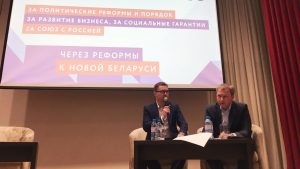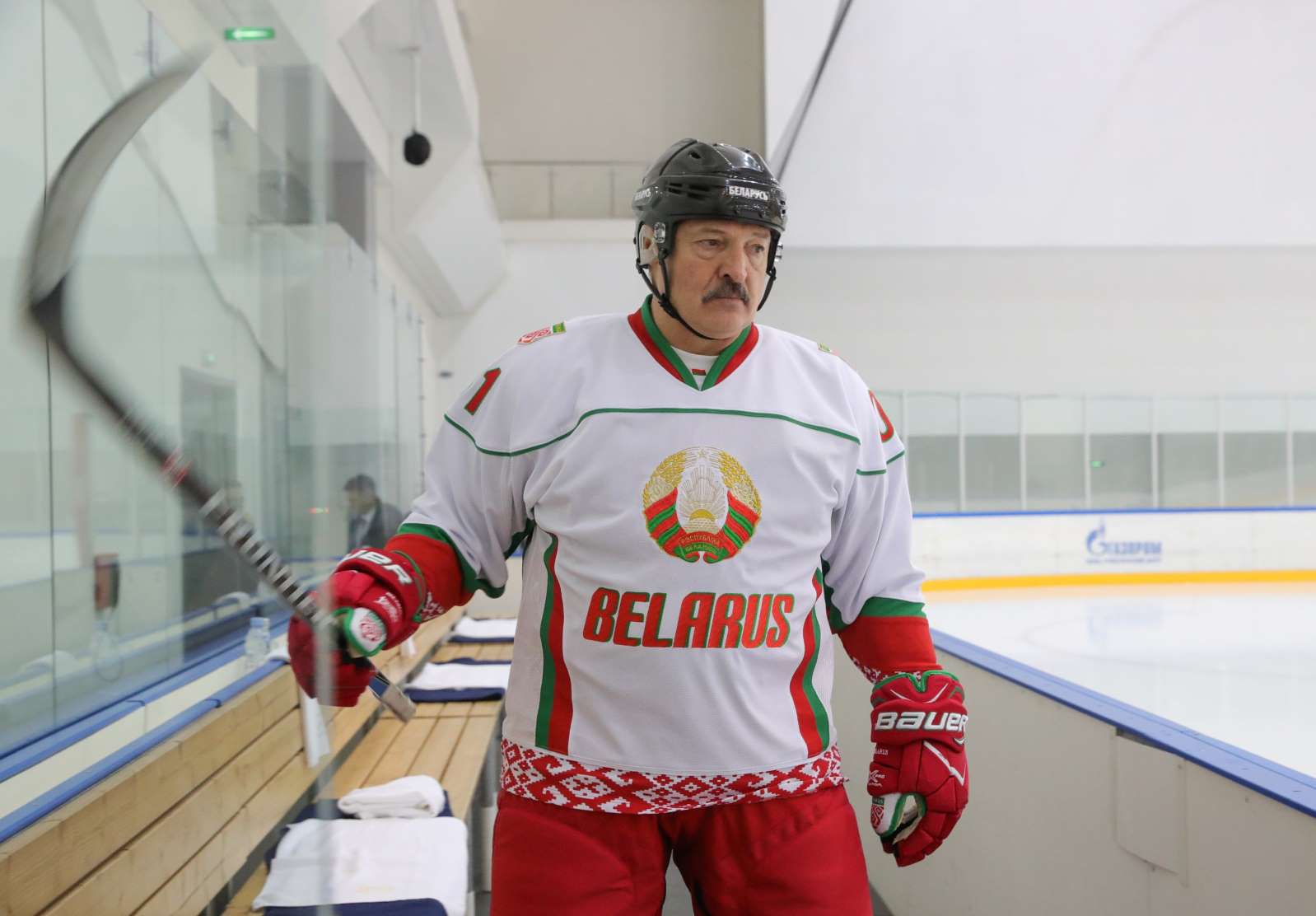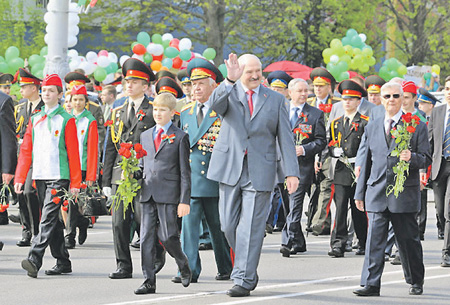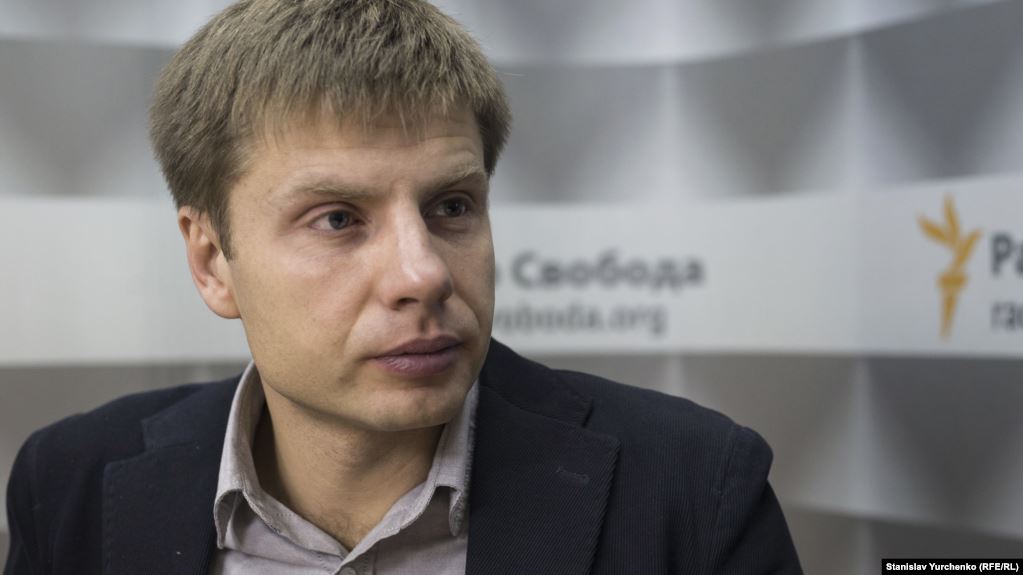Pro-Russian party founded

First, on March 6, the founding congress of the pro-Russian party Soyuz (Union) took place in Minsk with 135 participants. So far, even the government itself does not have a party—something that is going to change soon, as the Party of National Unity is to be created on the basis of the Belaya Rus social movement.
Soyuz and its chairperson, Sergei Lushch, position themselves as an opposition faction, favoring tighter Belarusian-Russian integration. At the height of street demonstrations in mid-August, Lushch declared that
“the mistake of the Belarusian authorities, who ordered the violent dispersal of the very first protests in Minsk, and skillful moderation of social networks by transnational puppeteers have made the incumbent President Alyaksandr Lukashenka effectively illegitimate. Russia should play a more active role in stabilizing the situation” (Politnavigator, August 15).
At the Soyuz party’s inaugural assembly, criticism of the authorities continued, albeit in a milder form. In the meantime, Lushch has been a frequent commentator on Belarusian TV. Previously, every attempt at the creation of a party for the potentially dominant pro-Russia flank of the Belarusian political scene has been thwarted by Lukashenka, who wanted to remain the sole interlocutor with Russia.
One is the Liberal Democratic Party, headed by Sergei Gaidukevich, whose platform is no different from that of Lukashenka himself. Additionally, there are two proto-party nuclei. One of them is the social movement Soglasie (Consensus), whose most well-known members are its chairperson, Artyom Agafonov, and political activist Elvira Mirsalimova of Vitebsk. The second is Soyuz. The major difference between these affiliations is the degree of their cooptation by the political regime. Thus, in Agafonov’s opinion, Lushch is heading Batska’s (i.e., Lukashenka’s) Russophiles (Politnavigator, March 7), whereas Agafonov’s own stance is more independent.Today, however, three other entities could play first fiddle in Belarus’s relations with its powerful eastern neighbor.
Documentary on Lukashenka’s corruption is out

Chronologically, the second event in question has been the March 8 airing of the almost 1.5-hour-long documentary Zolotoye Dno (Goldmine), produced by Stepan Putilo of the Telegram channel “NEXTA” (YouTube, March 8). Broadcasting from Poland, this outlet has played an outstanding role in steering the Belarusian street protests. According to Yury Drakakhrust of Radio Liberty, as many as three million people watched the documentary within the first three days of its airing (Facebook.com/yury.drakakhrust, March 10).
The crux of the film unmasks Lukashenka’s luxurious way of life. According to the authors, Lukashenka enjoys 17 palatial residences in various parts of Belarus, all of which officially belong to state entities, including nature reserves funded by the European Union. The EU has already repudiated that claim of its supposed sponsorship (Deutsche Welle—Russian service, March 10). The film further contends that Lukashenka has a fleet of posh cars, wears outrageously expensive watches, and overall leads an extravagant lifestyle.
The most explosive statements concern the president’s alleged “harem” that includes former Belarusian beauty queen Maria Vasilevich, now a member of parliament, and his beating of his former physician, Irina Abelskaya, who is the mother of his youngest son.
Zolotoye Dno’s two narrators intersperse their recounting with such epithets as “sadist,” “mustachioed parasite,” and “collective farmer who usurped power.”
Unquestionably, many Belarusians feel Lukashenka has overstayed his welcome at the helm of power, and the current political crisis was clearly triggered by the officially declared results of the presidential elections not seeming credible. That said, not every criticism of the president hits the mark.
First, Zolotoye Dno’s success in generating viewership is due to its titillating content. Second, most of the accusations aired in that film are not actually new to Lukashenka critics and are unlikely to shift the division line between them and Lukashenka loyalists. Third, the political culture of Lukashenka loyalists makes public expectations of the leader’s luxurious way of life a matter of course. Finally, the documentary quite overtly plagiarizes Russian anti-corruption activist and opposition leader Alexei Navalny’s most recent video about the purported palace of Vladimir Putin.
Polish diplomats expelled
The move by Belarus’s Ministry of Foreign Affairs is attributed to the fact that, on March 1, a Polish Sunday school in Brest commemorated the remembrance day of the so-called “Cursed Soldiers” (Żołnierze Wyklęci), with Poland’s consul general in Brest, Jerzy Timofiejuk, participating in and sponsoring the event. One of the Polish soldiers honored at the ceremony, Romuald Rajs (nom de guerre “Bury”) of the Home Army, is widely believed to have committed atrocities against Belarusians residing in eastern Poland back in 1946 (see EDM, March 26, 2019).
Nonetheless, in the opinion of Jan Maksymiuk of Radio Liberty, the expulsion of Polish diplomats was revenge for Poland’s stance vis-à-vis Belarus’s protest movement and is to the benefit of Moscow (Svaboda.org, March 12).
Belarus opposition’s official request for a rally
Finally, three Belarusian traditional (i.e., Westernizing) opposition parties filed a request for a rally, meeting, and concert on March 25, when the opposition celebrates Freedom Day (Tut.by, March 9). On that day, in 1918, the Belarusian People’s Republic, a short-lived entity, was proclaimed under German military occupation. Back in 2018, the authorities allowed all three requested events, including a concert on the square next to the Minsk Opera House. At that time, however, Lukashenka showed signs of distancing from Russia and a rapprochement with the West was in full swing. Today’s situation cannot be more different, and Minsk fears that a rally on March 25 may resuscitate the protest movement.
It remains to be seen what the reaction of Belarusian authorities will be. But if there is any meme that encapsulates the current socio-political climate in Belarus most vividly, it is probably a scene captured recently by a phone camera from an apartment window in Minsk (Tut.by, March 14). At six in the morning, still under the cover of darkness, a man with a can of paint is seen walking up to a park bench with a white-red-white seat and hastily repaints it, while his companion watches so that no one interferes with the task. To wit, white-red-white is the color of the flag honored by the opposition and loathed by the authorities.
Further reading:
- Why has Ukraine succeeded as a democracy, contrary to Russia and Belarus?
- Tsikhanouskaya says Belarusian opposition has “lost the streets” for now but won’t end the revolution
- Strategic thinking and a fight for Belarusian democracy
- 30 years of “color revolutions”: historical revisionism of Russian propaganda
- Survivor on Lukashenka’s hitlist tells why dictator wanted to murder journalist Sheremet





